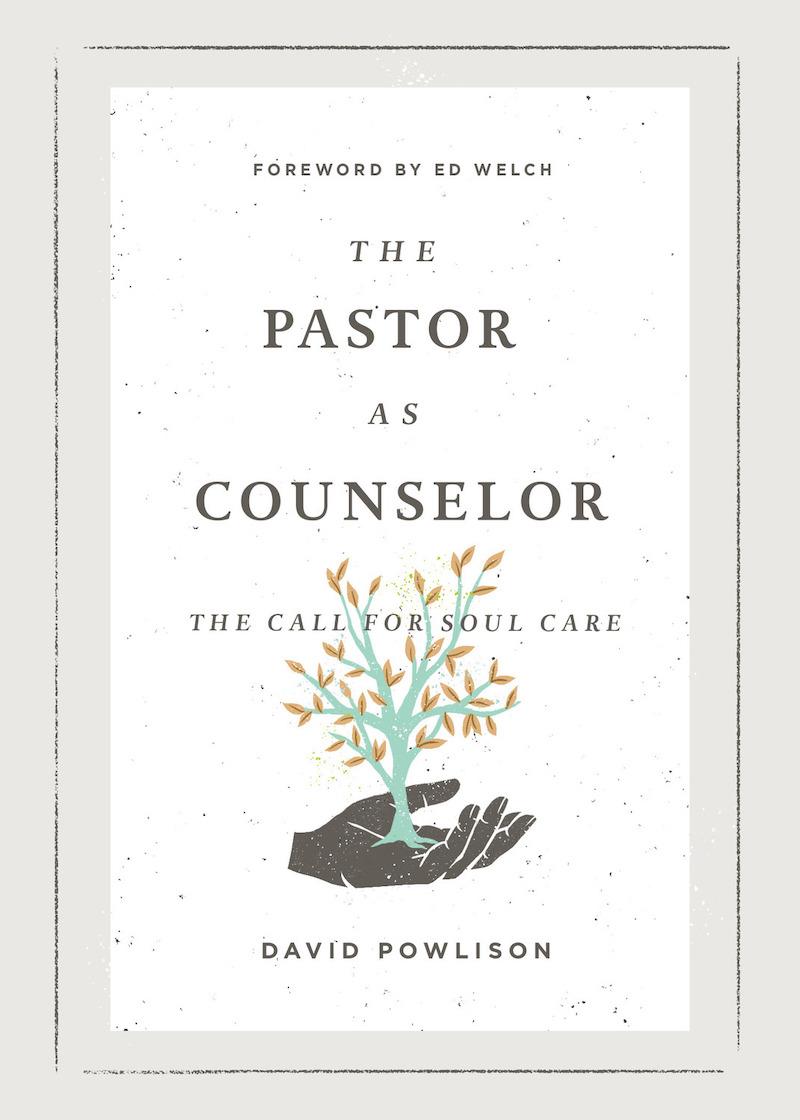God calls each one of us to love sacrificially (Eph 5:2). Loving this way is hard. In our home, this call meant becoming foster parents. Being a foster parent is not easy or simple, and sometimes it is not even fulfilling (as you and I are tempted to define it). It is hard, it is costly, and it is often thankless, but we do it nonetheless. Here are three reasons why we, as a couple and now as a family, choose to do what is hard.
First, there is a need. The world certainly is full of needs, and when faced with any particular need, are we not accountable to respond in some way? Shouldn’t we ask, If not me, who? But though it is relatively easy to nod our heads to the needs of the orphan, I don’t believe everyone is called to take it on personally. Was I? Was I prepared for it? If I waited to feel equipped to do it, I would have never entered in. I spoke, taught, and counseled on this topic because I believed it was important. If I was not willing to live it out, how could I ask others to do so? Could I stand on the sidelines, or would I participate?
Second, I (we) feel called to do it. We could not stay on the sidelines. The Lord calls all of us to live a sacrificial life. The question we each must grapple with is how to live it out. I was convicted that I could not speak of sacrificial love without choosing to be a conduit of God’s sacrificial love myself. And given our awareness of the continuing need for foster homes, we felt this was God’s plan for our family. God’s love invites us to enter into hard things. It can be heartbreaking, messy, and hard, but with God’s help, it is also good.
Third, we wanted to help change lives. This is not a bad desire, and we have impacted children’s lives in positive ways. But this desire inadvertently put the emphasis on the outcome of the choice and was based on success as the world defines it. We needed to learn about how God defines success. We had no idea we needed to learn this; it came after the fact. This was an unexpected way that we chose what was hard without realizing it. Over time, we came to a growing realization that our hope was not in children “turning out well,” it was not in every child overcoming the trauma in their life, nor could it be in the guarantee that they all follow Jesus. Though I hoped for, prayed for, and desired these things, I also came to embrace that God was calling us only to faithfulness, to willingly, lovingly care for the children he put in my life. Our hope could rest only in doing what God put before us regardless of the outcome.
What hard thing is God calling you to?
I am acutely aware that we are called to different forms of sacrificial living, and this personally was ours. But if being imitators of Christ is the call of every believer, what hard thing is God calling you to? Is it caring for a family member with a significant disability, or giving selflessly of your time to someone who needs your tangible help? Perhaps it is volunteering time or resources to a prison ministry or a soup kitchen, letting go of all your comforts to serve overseas, or challenging your church to get more involved in helping those who need it in their community. What does it look like for you? Only you can answer that before the Lord. It is a growing awareness of a need and personal conviction that you are called to stand in the gap.
Choosing to give yourself to anything God has called you to means you are choosing to do something hard. But the Lord will equip you and be your provision. Ironically, when we commit to living and loving sacrificially, we see God sustain and supply our needs. He will be with you and give you strength (and you will need every bit of it) to answer his call. And you will be blessed . . . but not necessarily in the way you expected.




